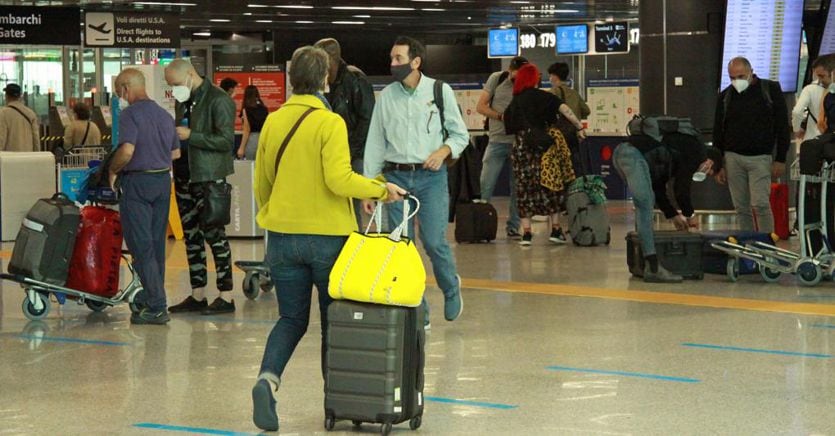Europe reopens and reaffirms the right to free movement despite the pandemic and in view of the summer period.
This is the result aimed at by the EU Covid digital certificate, on which the negotiators of the three European institutions – Parliament, Commission and Council – have reached an agreement after days of intense negotiations. On the basis of the agreement reached on the evening of May 20 – which will in any case have to be examined by the European Parliament before entering into force on July 1 and which will be on the table of European leaders at the summit on Monday 24 May and Tuesday 25 May – the certificate will be available in both digital and paper format.
It will testify whether a person has been vaccinated against the coronavirus or has a recent negative test result or is cured of the infection. Having found an agreement at EU level will allow member states to issue certificates which will then be recognized and accepted in other EU countries.
Loading…
The duration
The EU Green pass regulation will remain in force for 12 months. Formally, the certificate will not be a precondition for exercising the right to free movement and will not be considered a travel document, but it will still allow you to move from one country to another of the Union without further requirements.
To meet the needs of citizens and the Eurochamber’s requests for free tests, the European Commission has committed to mobilize for this purpose at least € 100 million under the Emergency Support Tool for SARS infection- CoV-2.
Stop the restrictions
Following the adoption of the Green Pass, EU countries will no longer be able to impose further travel restrictions, such as quarantine, self-isolation or tampons, “unless such measures are necessary and proportionate to safeguard public health” in response to the Covid pandemic. Also taking into account the available scientific evidence, “including epidemiological data published by the European Center for Disease Prevention and Control (Ecdc)”.
Obligations for States
Any restrictive measures should in any case be notified to the other Member States and to the Commission at least 48 hours before entering into force. Under the agreement, EU countries will be required to accept vaccination certificates issued in other member states for people who have received a vaccine authorized by EMA, the European Medicines Agency.
